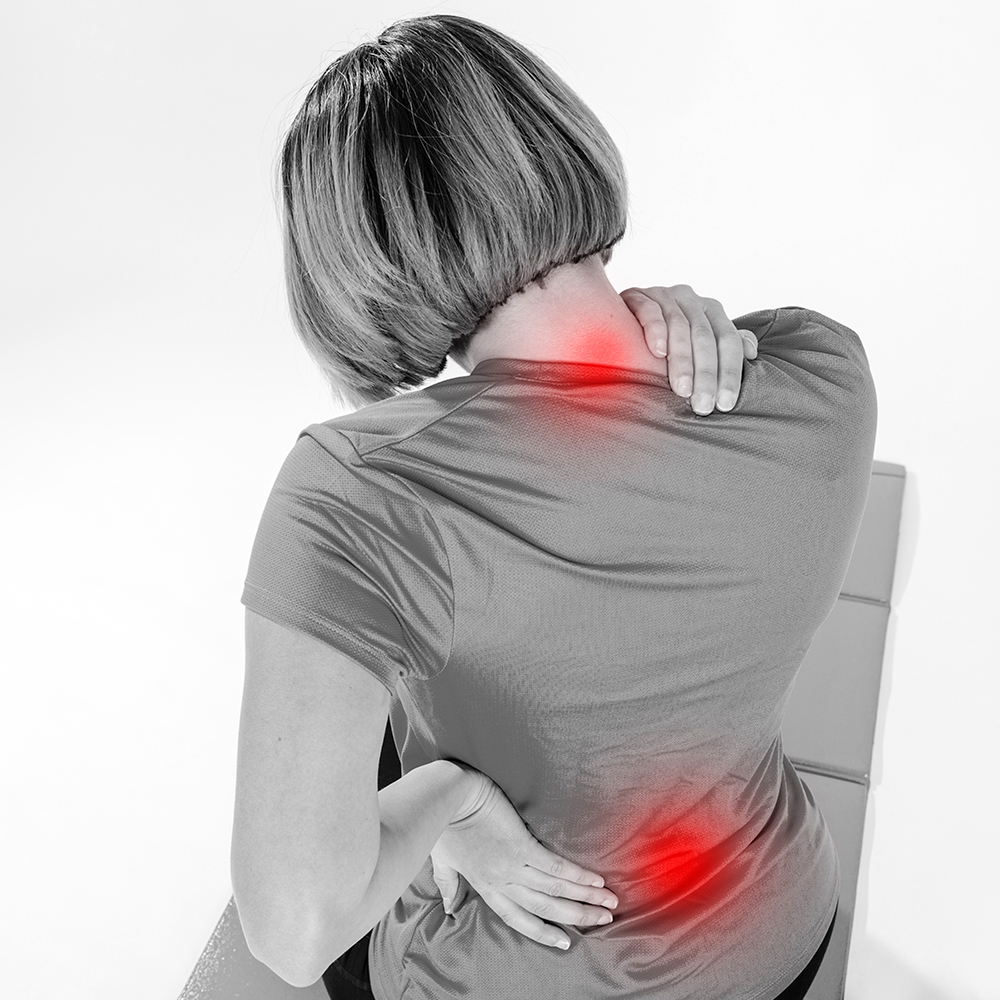ANXIETY AND STRESS
ANXIETY AND STRESS
From the outside looking in, it can be difficult to spot the differences between stress and anxiety. Both can lead to sleepless nights, exhaustion, excessive worry, lack of focus, and irritability. Even physical symptoms – like rapid heart rate, muscle tension, and headaches – can impact both people experiencing stress and those diagnosed with an anxiety disorder. With symptoms that can appear interchangeable, it can be difficult to know when to work on deep breathing and when to seek professional help.
In short, stress is your body’s reaction to a trigger and is generally a short-term experience. Stress can be positive or negative. When stress kicks in and helps you pull off that deadline you thought was a lost cause, it’s positive. When stress results in insomnia, poor concentration, and impaired ability to do the things you normally do, it’s negative. Stress is a response to a threat in any given situation.
Anxiety, on the other hand, is a sustained mental health disorder that can be triggered by stress. Anxiety doesn’t fade into the distance once the threat is mediated. Anxiety hangs around for the long haul, and can cause significant impairment in social, occupational, and other important areas of functioning.
SYMPTOMS OF STRESS
There are a number of emotional and physical disorders linked to stress, including depression, anxiety, heart attacks, strokes, gastrointestinal distress, obesity, and hypertension, to name a few. High levels of stress can wreak havoc on the mind and the body. While stress can manifest in many ways, it helps to know a few common symptoms:
• Frequent headaches
• Sleep disturbance
• Back and/or neck pain
• Feeling light-headed, faint, or dizzy
• Sweaty palms or feet
• Difficulty swallowing
• Frequent illness
• Irritability
• Gastrointestinal problems
• Excessive worry
• Rapid heart rate
• Muscle tension
• Feeling overwhelmed
• Having difficulty quieting the mind
• Poor concentration
• Forgetfulness
• Low energy
• Loss of sexual desire

Symptoms of stress can vary and change over time. Cueing into your own responses to stress can help you increase awareness of how stress manifests for you. Knowing this vital information will help you learn to use stress reduction techniques at the first signs of stress to avoid long-term repercussions.
COPING WITH STRESS
Learning to cope with stress can require some trial and error. What works for your best friend might not work for you. It’s important to build your own stress reduction toolkit so that you have more than one strategy to implement when stress kicks in
- • Relaxation breathing: The single best thing you can do when under stress is to engage in deep breathing. Practice this strategy when you’re calm so that you know how to use it when you’re under pressure. Inhale for a count of four, hold for four, and exhale for four. Repeat.
- • Practice mindfulness: Sure, there’s an app for that, but the best way to practice mindfulness is to disconnect from your digital world and reconnect with your natural world for a specific period of time each day. Take a walk outside and use the opportunity to notice your surroundings using all of your senses.
- • Get moving: Daily exercise releases feel-good chemicals in your brain. Making exercise a daily habit can buffer you from negative reactions to stressful events.
- • Keep a journal: Writing down your best and worst of the day helps you sort through the obstacles and focus on what went right. It’s normal to experience ups and downs on any given day.
- • Get creative: There’s a reason adult coloring books are so popular – they work. Whether you’re drawing, coloring, writing poetry, or throwing paint on a wall, engaging in a creative hobby gives your mind a chance to relax.
- • Crank up the tunes: Listening to slow, relaxing music decreases your stress response (just as fast-paced music pumps you up for a run.)
Made at the tip of Africa. ©
